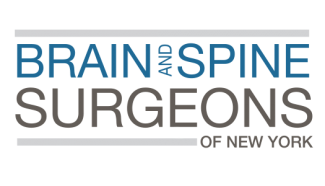
Occipital Neuralgia
The issue with diagnosing uncommon neurological disorders is that many of these conditions mirror the pain or symptoms of more common headaches. If you have pain in the back of the head or the base of the neck that has been misdiagnosed as a headache or migraine – and isn’t responding to treatment – you may have occipital neuralgia.
Occipital neuralgia condition is caused by the compression of the occipital nerves. The compression may be caused by injury, inflammation of surrounding tissues, or tight muscles that impede the nerves. Alternatively, the pain may be the result of compression of the nerves as they exit the spinal canal.
Although a cause isn’t apparent all the time, there are links between the following conditions and occipital neuralgia:
- Osteoarthritis
- Gout
- Diabetes
- Neck or head injuries
- Cervical disc disease
- Tumors in the neck
Symptoms
Occipital neuralgia is a condition that causes severe pain in the head or neck that follows these patterns:
- Sharp jab or jolt in the back of the head and neck
- Intermittent pain behind the eye
- Sensitivity to light
- Burning or throbbing at base of head and scalp
- Pain when moving neck
Treatment
There are many treatments available to patients with occipital neuralgia. Your surgeon will review prior and ineffective treatments to find the right fit for you.
- Anti-Inflammatory medications
- Muscle relaxants
- Anti-seizure medications
- Nerve blocks and steroid injections
If a medication does not control your pain, there are minimally invasive procedures available, including:
- Occipital Nerve Decompression
- Occipital Nerve Stimulation
- Nerve Ablation (Rhizotomy)










